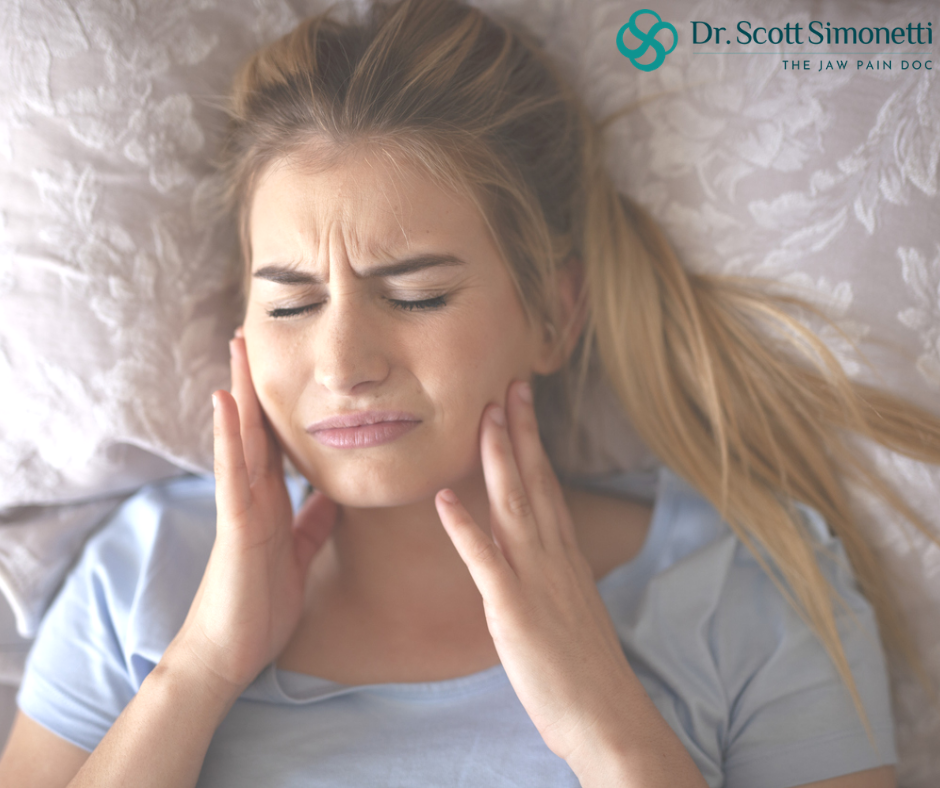Do you get pain in or around your jaw? Have you found unexplained chips in your teeth? Do you find yourself clenching or grinding your teeth? Are you having trouble sleeping?
If you answered yes to any of these questions, you might have a treatable condition called bruxism.
How Do You Define Bruxism?
Bruxism is a term used to describe the condition of grinding, gnashing, and clenching your teeth. Those with bruxism may unconsciously clench their teeth throughout the day or clench and grind their teeth while they sleep.
Teeth grinding is often linked to anxiety or stress, but this condition can also be caused by a sleep disorder, abnormal bite, missing or crooked teeth, or just habit.
What Are The Signs and Symptoms of Bruxism?
Because many only clench or grind their teeth while they are asleep, or are entirely unaware that they do so while awake, it’s essential to pay close attention to the signs and symptoms of this condition to prevent further damage and seek treatment. Here’s what to look for:
- Teeth grinding or clenching that is loud enough to wake up a sleeping partner
- Teeth that are loose, chipped, fractured, or flattened
- Worn tooth enamel that exposes deeper layers of the tooth
- Tooth pain or sensitivity
- Tight or tired jaw muscles
- Jaw, neck, or face pain and soreness
- A locked jaw that won’t completely open or close
- Earache pain
- Dull headaches around the temples
- Damage on the inside of your mouth caused by chewing your cheek
- Frequently disrupted sleep
Bruxism can cause serious damage to your teeth, jaw, and face over time, and it’s important to speak with a professional if you have concerns.
How Can I Stop Clenching And Grinding My Teeth at Night?
Here are some tips to help you stop grinding and clenching your teeth:
- Avoid or cut out foods and drinks with caffeine – By limiting your caffeine intake, you give yourself a better chance to sleep more soundly at night and be more relaxed during the day.
- Avoid alcohol – Teeth grinding intensifies after drinking alcohol.
- Don’t chew on anything but food – Avoid chewing on pencils, pens, the inside of your mouth, and anything that isn’t food, so your teeth don’t get used to clenching.
- Train yourself to avoid clenching – If you at any point notice you are clenching or grinding your teeth, stop and position your tongue between your teeth, and relax.
- Get a custom made night guard for your teeth – The POD®, or Preventative Oral Device®, is made for you and your mouth to help stop clenching and grinding at night when you sleep. Wearing this comfortable device will help you sleep more soundly and prevent further damage caused by bruxism to your teeth and jaw.
Seek Treatment from a TMJ Specialist on Long Island
Dr. Scott Simonetti, a TMJ disorder specialist, is here to help diagnose and put an end to your pain and discomfort caused by a TMJ disorder and help you stop the damage caused by bruxism. Visit our website or give us a call at (631) 277-4848 to learn more about our POD® night guard treatment and how we can help you.

